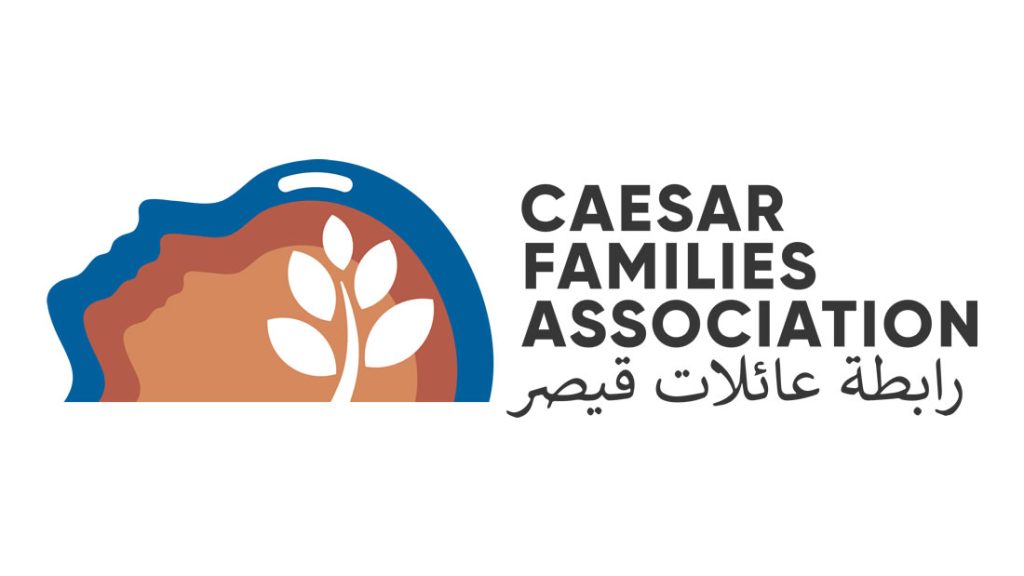One of CFA’s main goals is to seek psychological support to families of victims who appeared in the Caesar photos. We are also dedicating our resources, with the support of our partners and our documentation department, to help finding the photos of loved ones who might have appeared in the photos. Please find below some of the literature related to ambiguous loss and accepting death of a family member.
Psychological corner
HOW CAN WE HELP YOU?


Definition of ambiguous loss
Ambiguous loss is an unclear loss with no official verification of life or death and thus, no closure. It occurs when a person is missing with no clarity about his or her absence or presence. Ambiguous loss is the most stressful type of loss because there is no proof of finality. (Pauline Boss)
CURRENTLY, THE ASSOCIATION CAN SUPPORT FAMILY MEMBERS BY:
- Creating a safe space to families in order for them to communicate with each other without judgement or stigmatization. We are families who have been through the pain of identifying our loved ones in the photos and we are working to overcome challenges in order to achieve justice to ourselves and to our loved ones.
- Supporting them in identifying their loved ones who might have appeared in the photos through our documentation department (Note: this process requires time and patience).
- Linking families with organizations providing psychological support to family members (Work in progress)


Transitional justice and the Missing
It is a process that takes place by degrees and depends on several factors, internal and external.
Internal factors are related to individual characteristics and beliefs.
External factors include such things as:
- Information from witnesses about the possibility that the missing person is dead – Official statements.
- Change in the political situation: at the end of a conflict, for example, when all prisoners have been released and there is still no trace of the missing person.
- Religious ruling (e.g. declaring the missing person a shahid, or martyr) or laws that permit the acceptance or declaration of the death after a certain period
- Confrontation with the possibility of death, when exhumations are carried out or during other specific moments
- Support from immediate social environment (group of families, friends, family unit)

